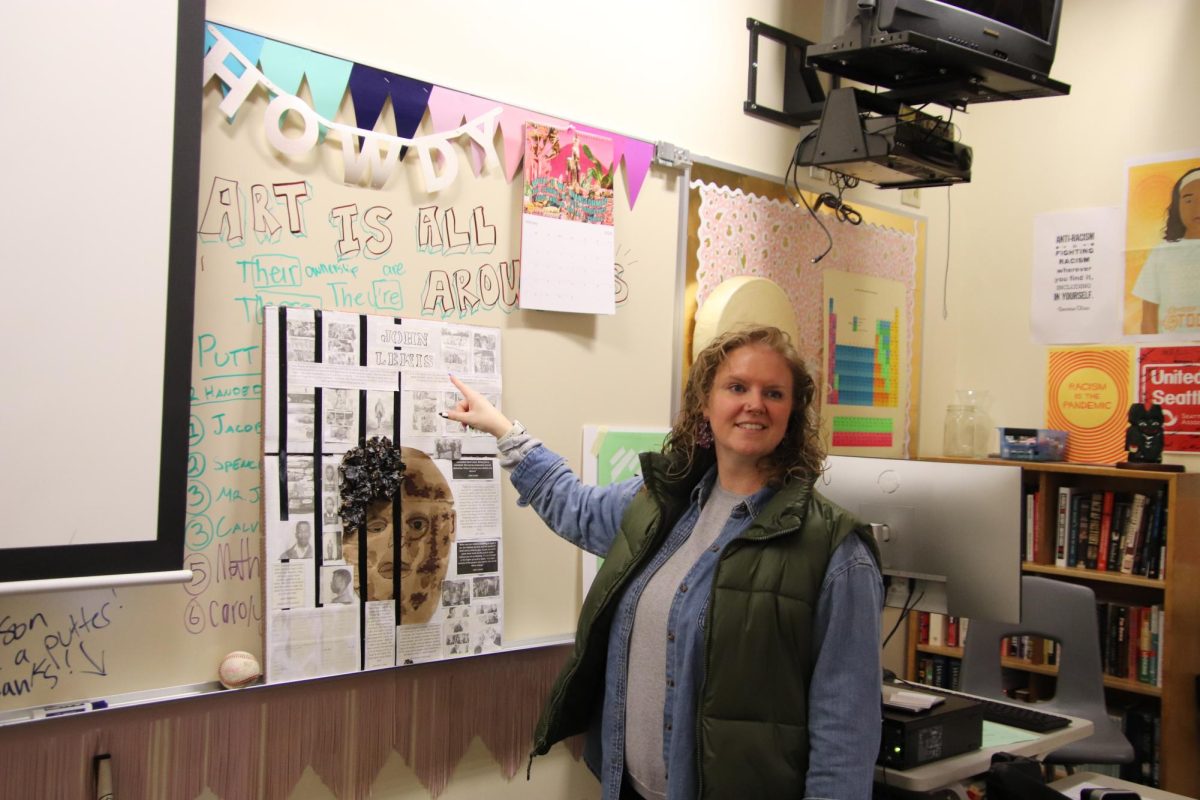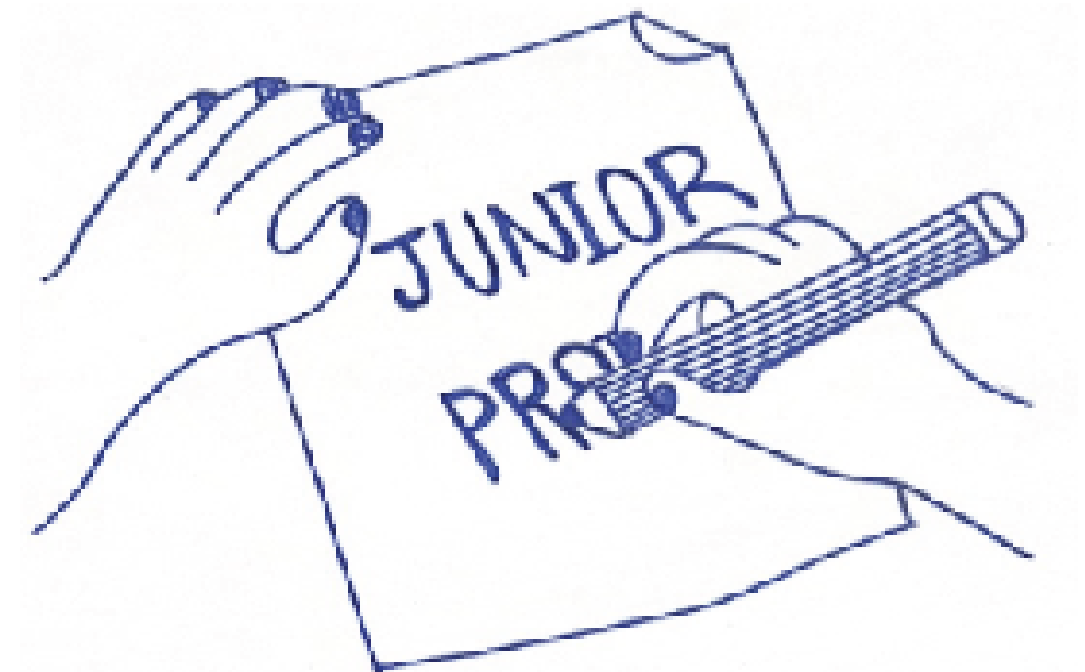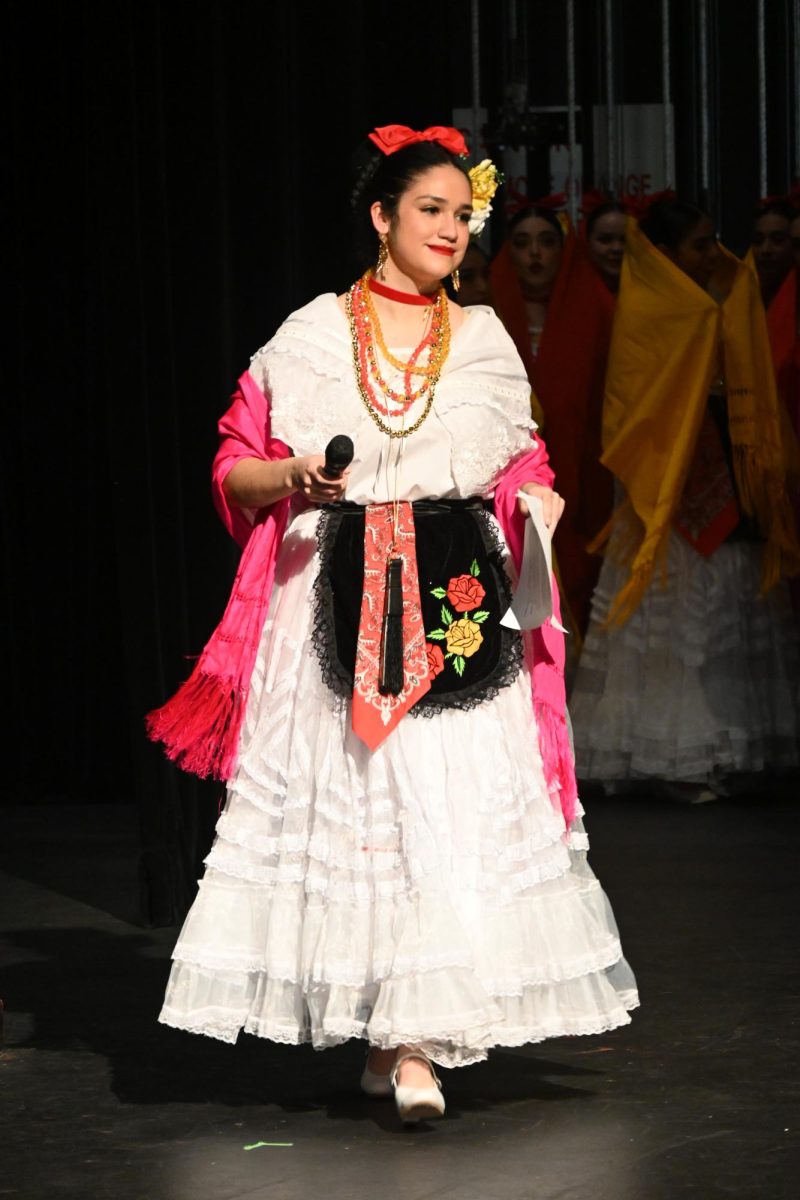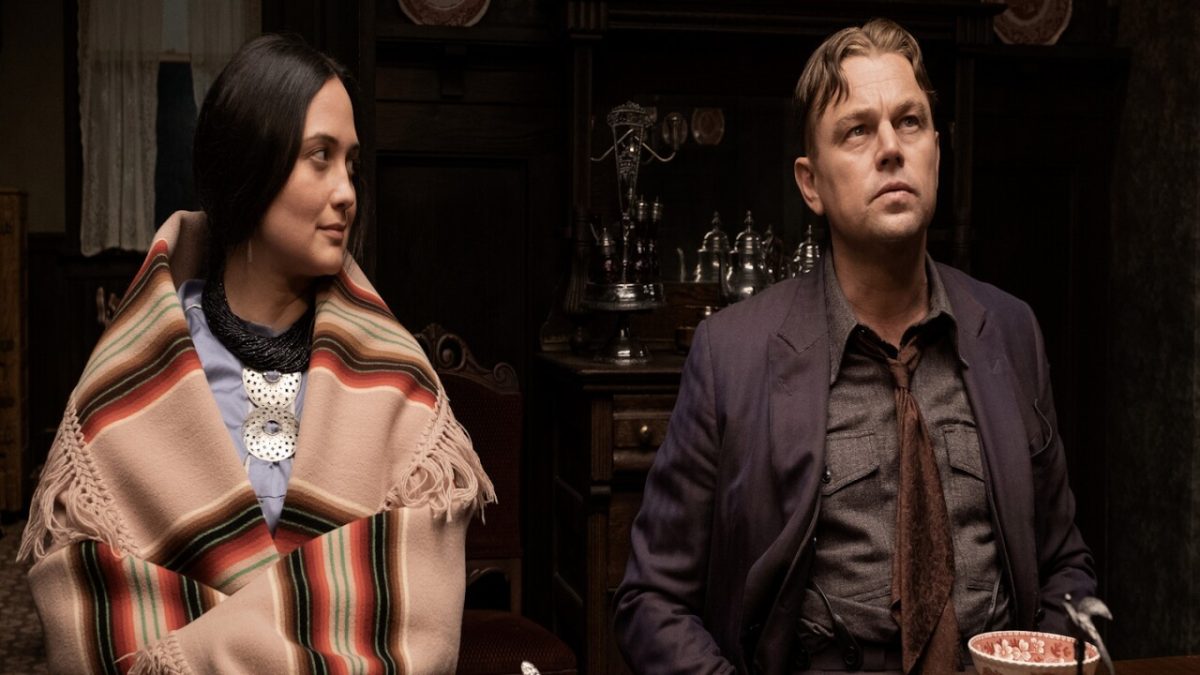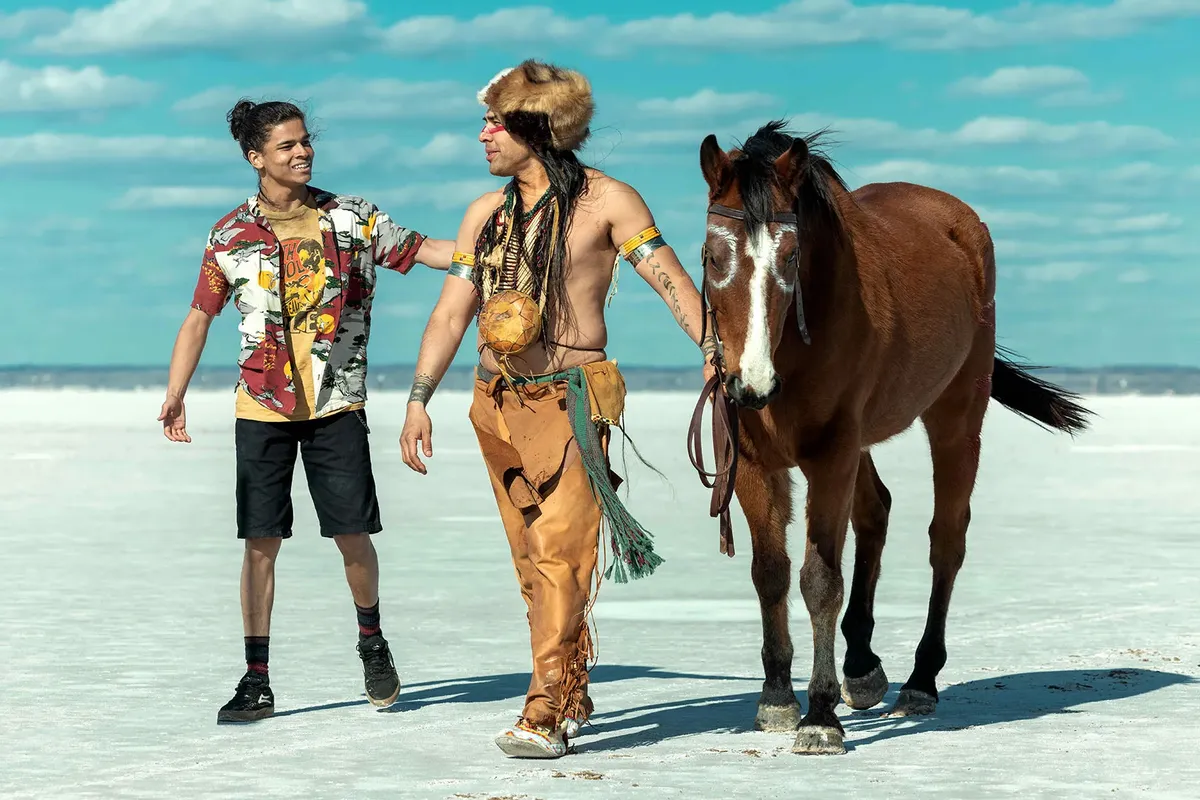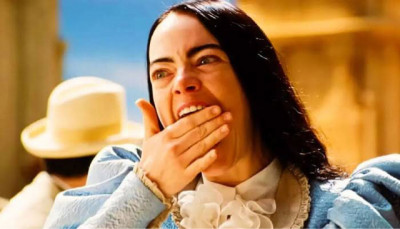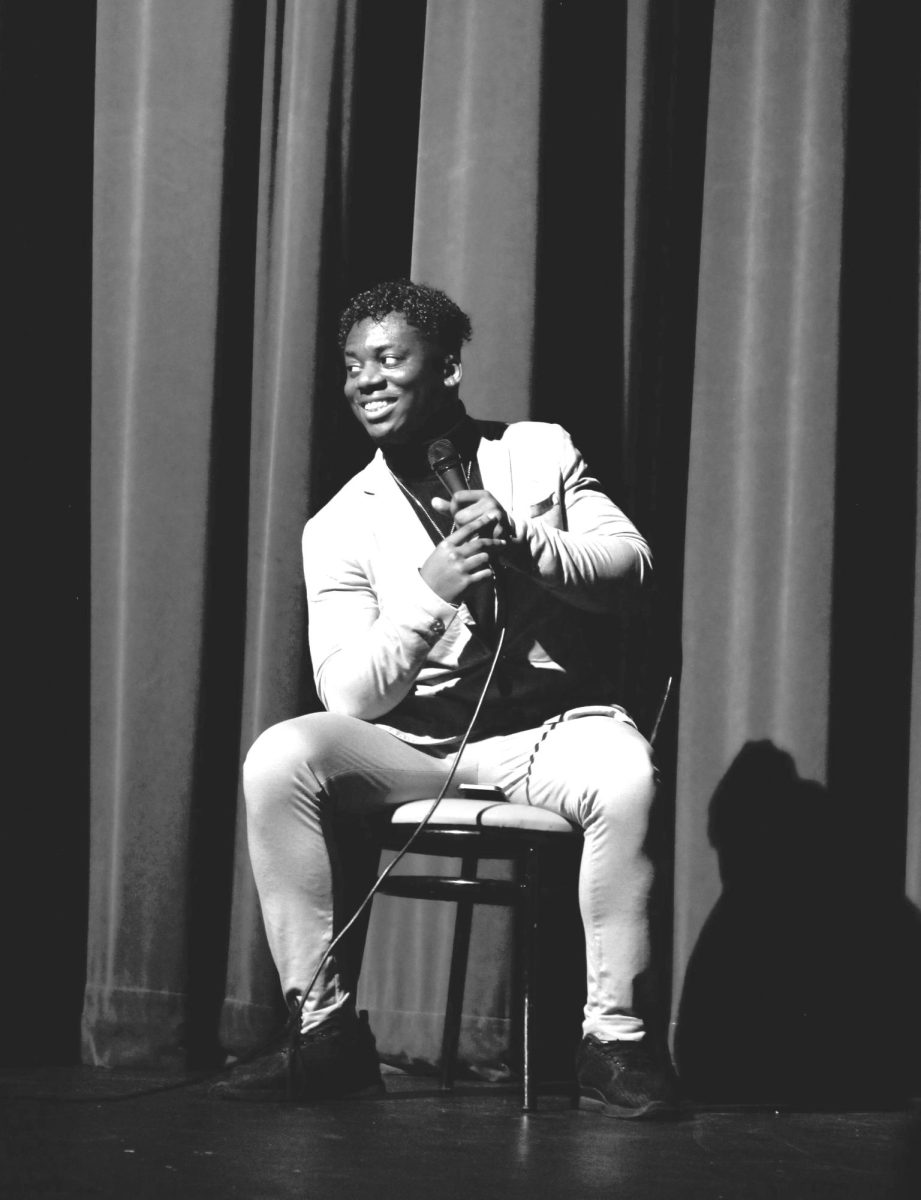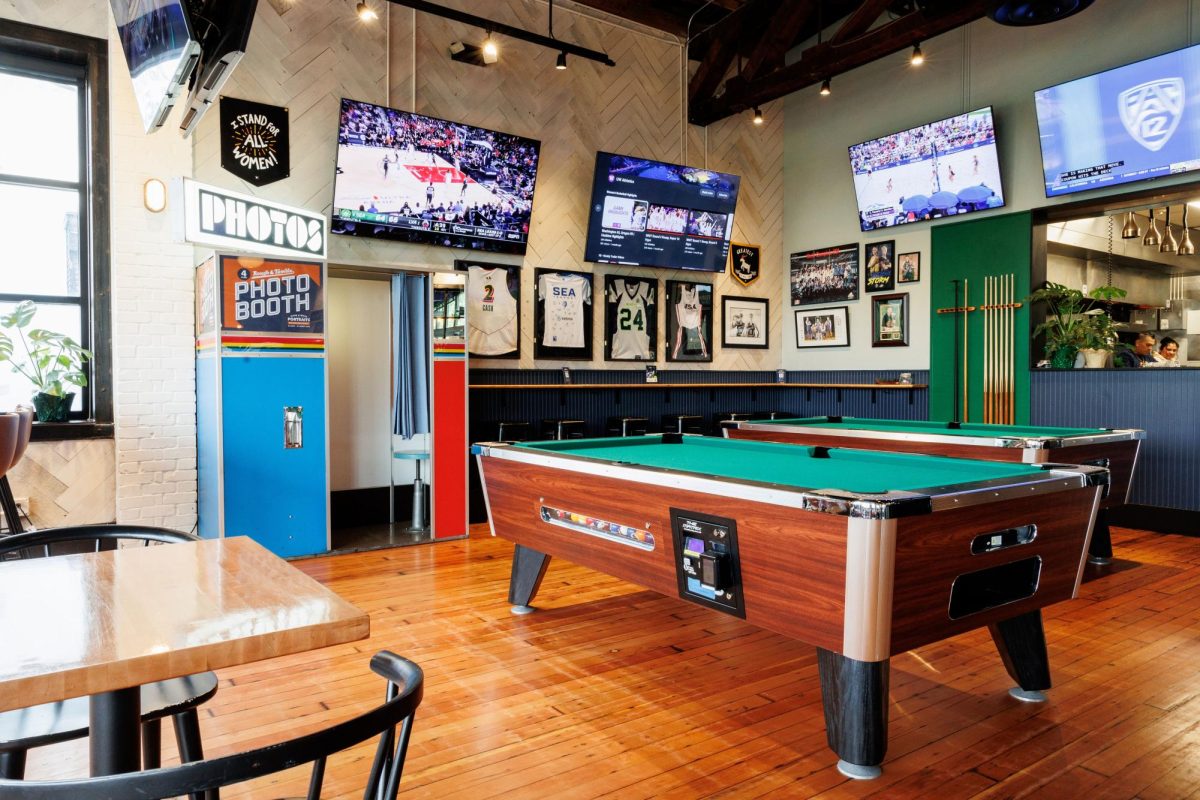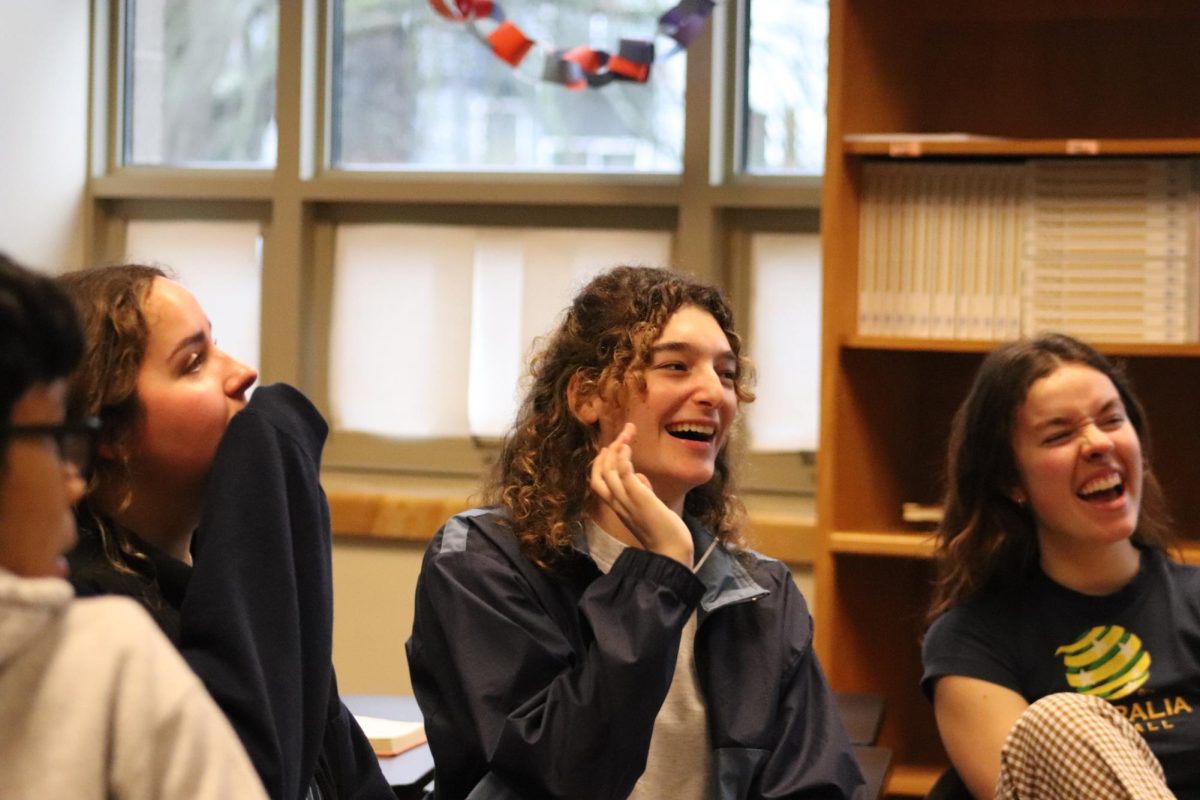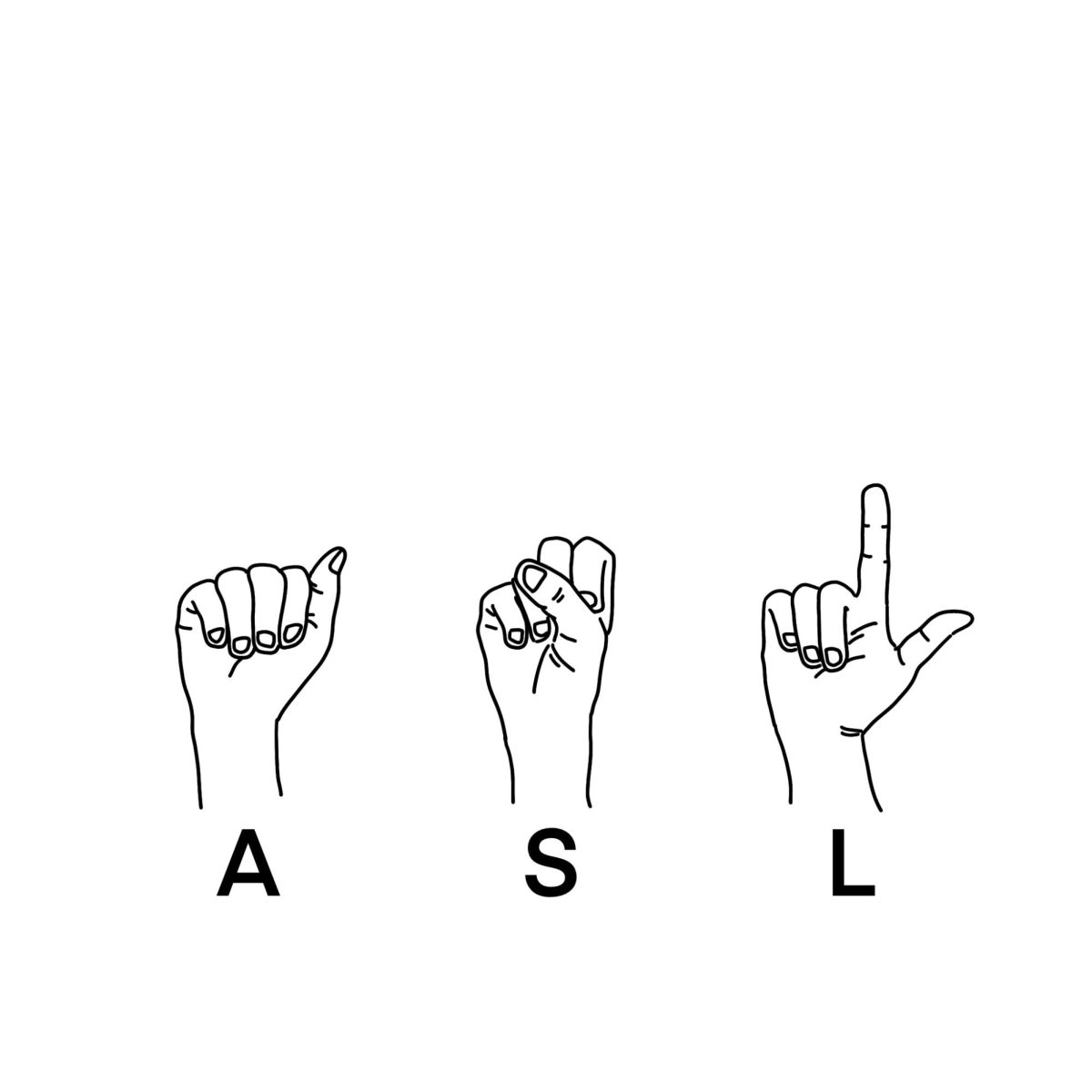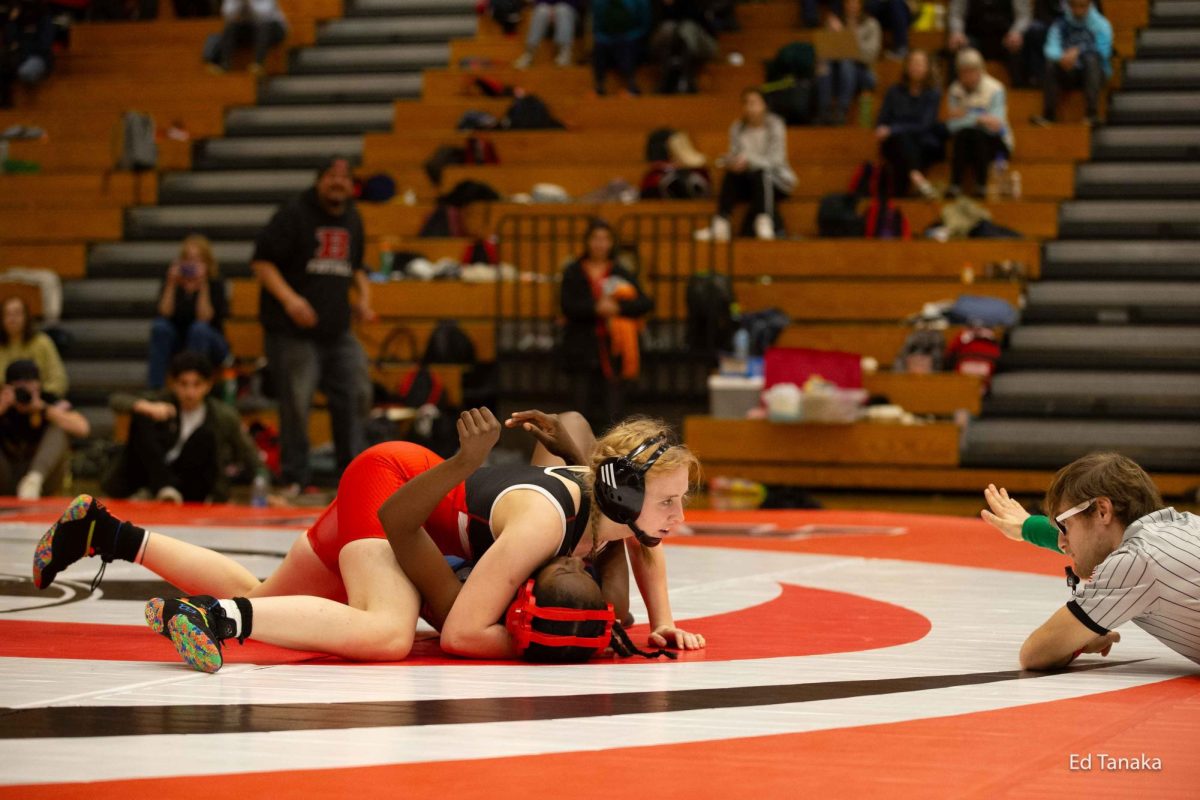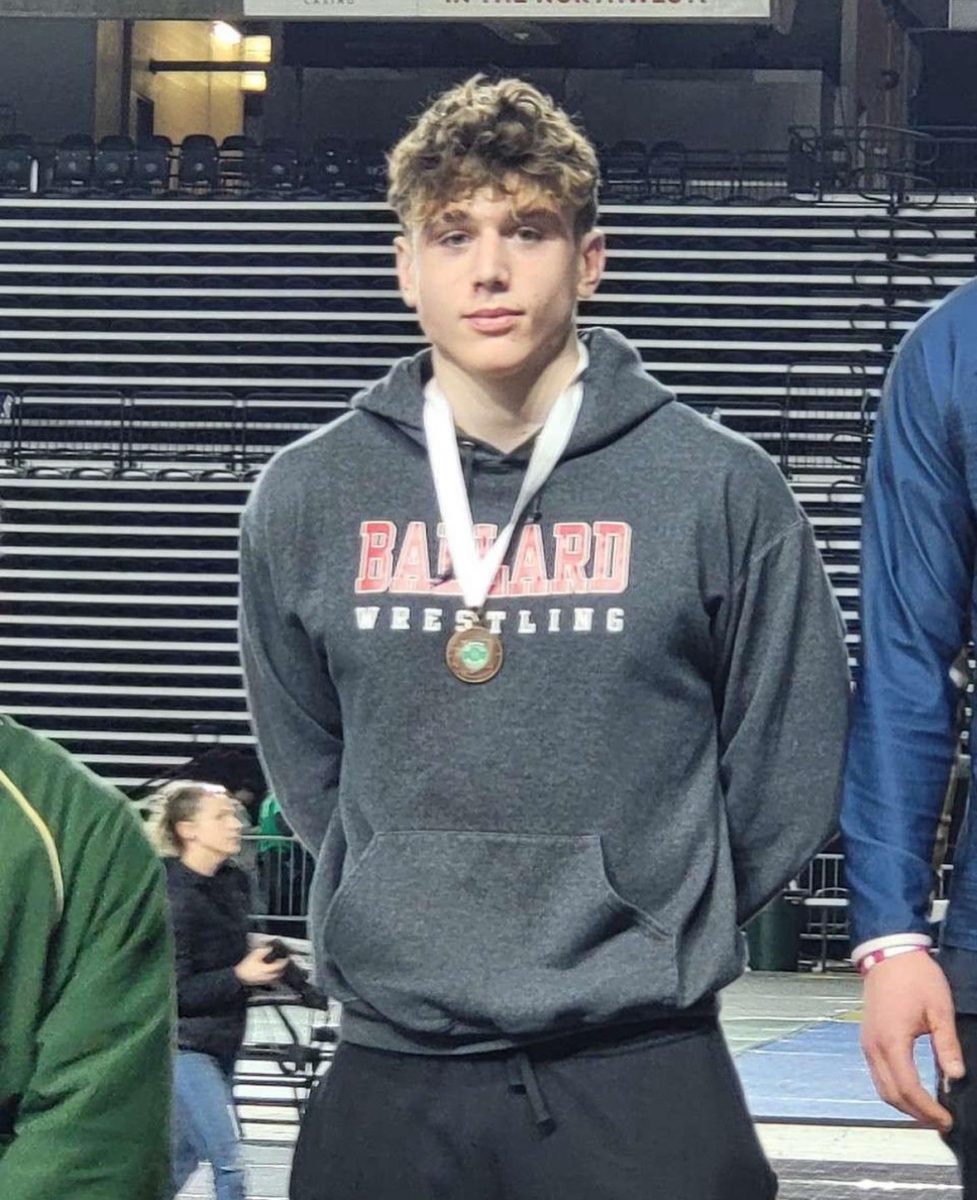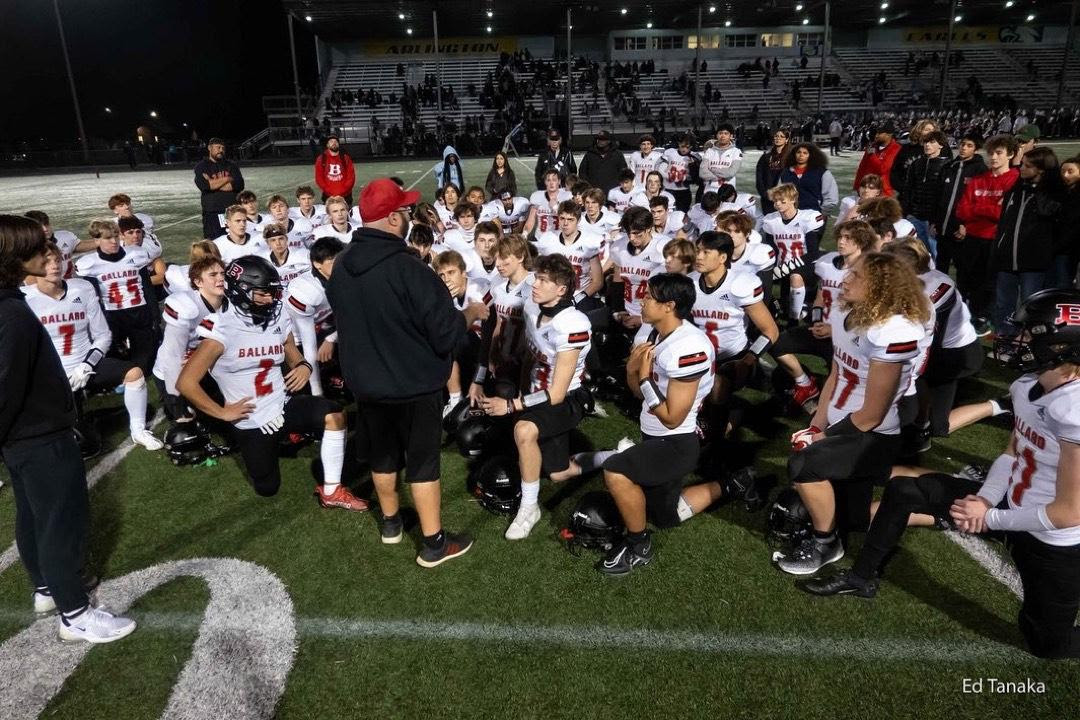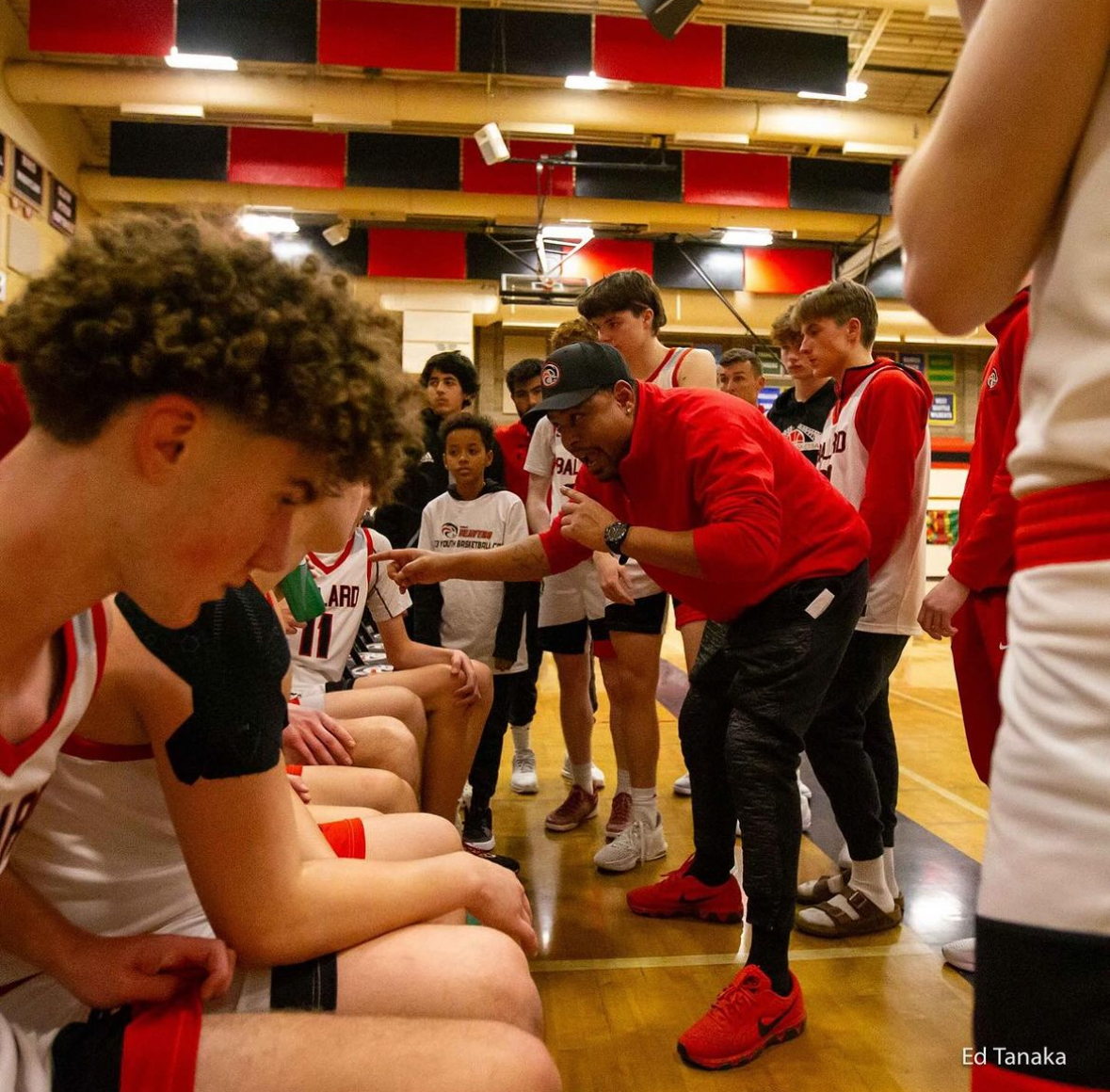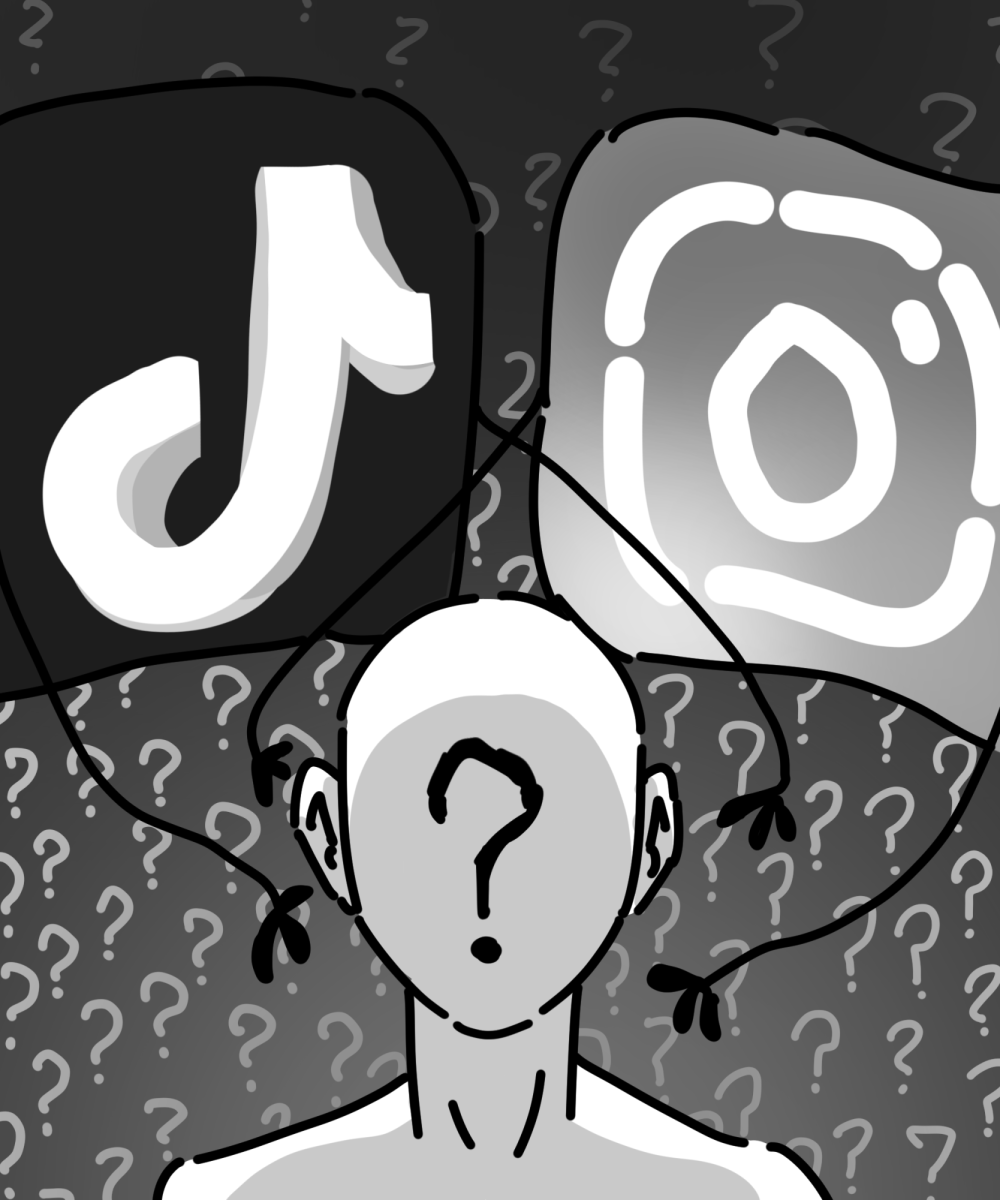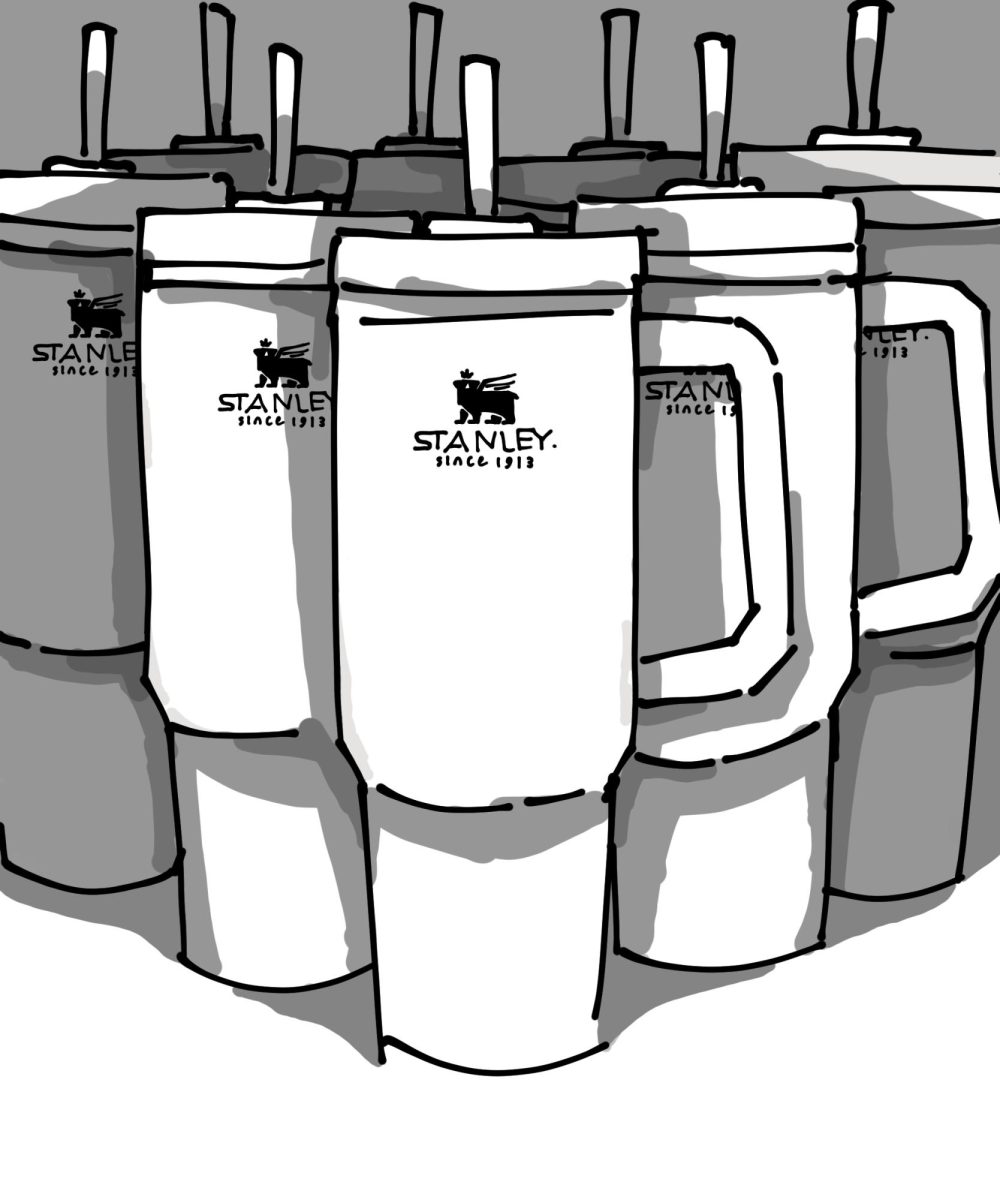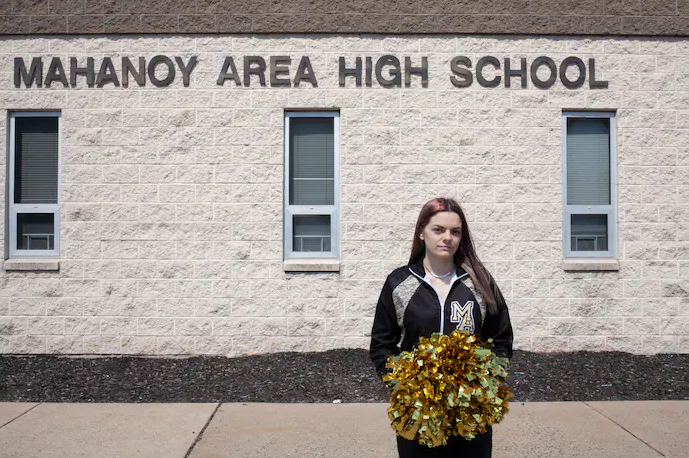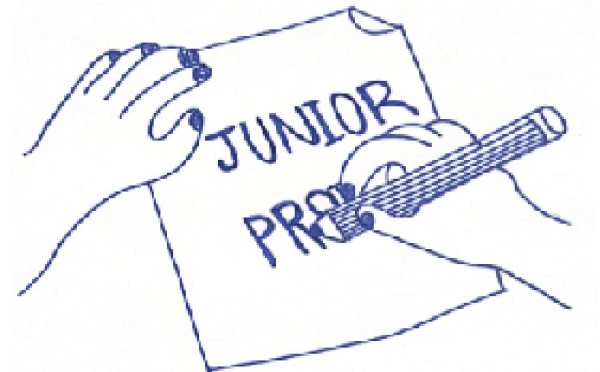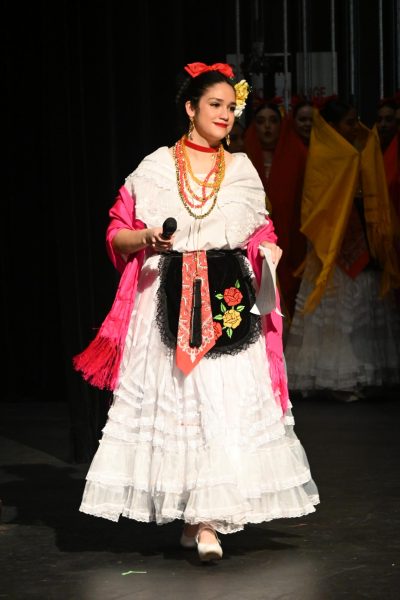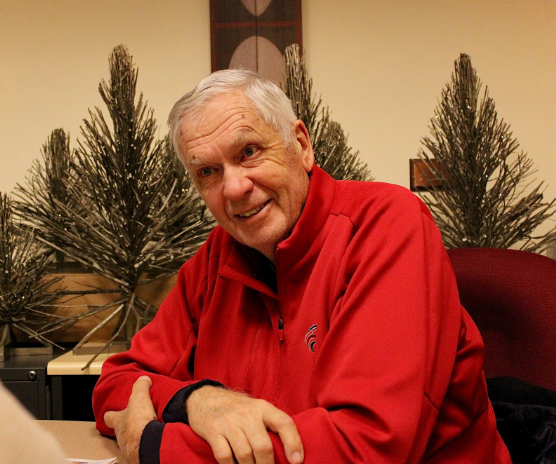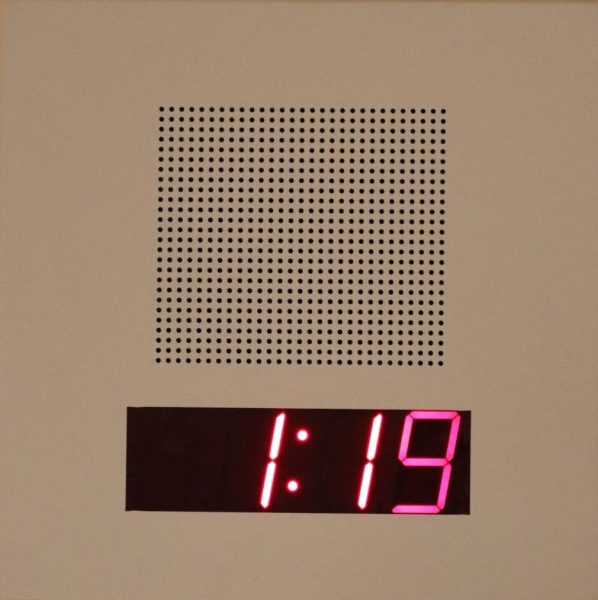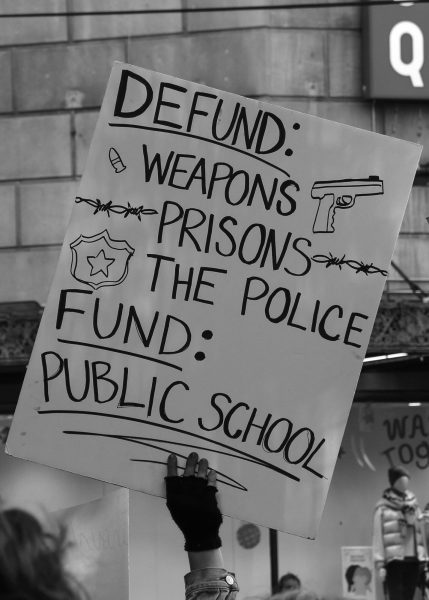High school cheerleader alum testifies at the Supreme Court in a social media case
June 11, 2021
Results could determine if schools can regulate student speech outside of class
Tess Petrillo, Editor-in-Chief
Originally published June 11, 2021
Brandi Levy was suspended for profane speech on her private social media, leading to a Supreme Court case that could determine the rights students have to free speech outside of their classes. (Photo courtesy of Danna Singer)
In 2017, Penn. Mahanoy Area High School student Brandi Levy tried out for her cheerleading team and softball team, and ended up being denied a spot on the varsity cheer squad and varsity softball team. Furious, Levy later posted a picture on her private Snapchat story about the decision with the caption “F*** school F*** softball, F*** cheer, F*** everything.”
This has led to a case that could determine whether or not student speech will be regulated outside of school.
A student shared the image with her mother and the high school’s cheerleading coach, who promptly suspended Levy from the team for the rest of the year. After trying to appeal to school officials to reevaluate Levy’s removal from the team and being unsuccessful, Levy’s parents filed a federal lawsuit against the school arguing that the punishment was a violation of Levy’s First Amendment rights as the post was distributed off-campus.
Junior Darby Moore, a member of the Shingle yearbook staff, has looked closely at the issue. “I think that Levy did not deserve her punishment, because what she posted on Snapchat did not disrupt her learning or the learning of any other students at her school,” she said in an email. “Also, Levy has the right to free speech under the First Amendment. Sports are very important to students and being banned from cheer for a year is way too much of a punishment.”
Sophomore Finn Keenan, another member of the Shingle staff, agreed that the punishment was unwarranted, in an email. “I don’t know what the proper punishment should have been or be for Levy but as I believe the post did not threaten or disrupt anyone involved with the school, it definitely shouldn’t have been decided by the school district as a teenager’s use of social media should be decided by their legal parents or guardians.”
This argument pertains to Tinker v. Des Moines, a 1969 Supreme Court case ruling that students do not shed their right to free speech upon entering a school campus, unless the speech is disruptive to school activities.
The case arose when a group of high school students, lead by student Mary Beth Tinker, wore black armbands on-campus in protest of the Vietnam war and to show support of a truce; after the school prohibited the use of armbands, the students sued the school district citing their right to free speech and expression.
Why is this case important to this day?
“The Tinker v. Des Moines case is important to me because it ensures my right, as a student, to free speech,” Moore said. “ I think it is important for all students to be aware of the Tinker v. Des Moines case because it ensures that students have the right to free speech in school. Without this case, schools could stop students from expressing themselves. Tinker v. Des Moines allows us to voice our opinions, which is a right that everyone should have.”
Due to Tinker, the Penn. federal court that was confronted with the case by Levy’s parents agreed with the claim and ordered that Levy be reinstated on the team.
With the arrival of social media, judges have contemplated whether or not Tinker needs to be amended, in order to prevent students from engaging in harmful activities, such as cyberbullying online, while still allowing them to express religious views or political opinions.
Keenan shared his perspective on whether or not social media causes disruption within the school in an email.
“I 100% believe that social media can affect and disrupt schoolhouse activity,” he said. “However, it is something where there is no strict guideline that determines whether a post is disruptive or not, and how punishment, if any, should be given out. One analogy that I have been using is if a social media post was worthy of the proposed punishment, which I don’t believe this was, shouldn’t school fights, graffiti, or standard walkouts be punished the same as well? I think that if anything, fights or walkouts cause more disruption than any social media post I’ve ever seen.”
Moore stated a similar opinion on the use of social media. “Students have always spoken out and been annoyed with school, and social media is just another way for students to express themselves,” she said. “In extreme situations, students might discuss comments made outside of school during class, which could be disruptful, but most likely it would not. Students deserve to have the right to post whatever they want on social media outside of school.”
Now what do the results of this case mean for the future of free speech in public schools?
“If the court decides social media should be regulated, then students will not be able to post their opinions and express themselves online,” Moore said. “If the court decides social media should stay unregulated, then students will continue to have free speech. Even if there’s a rare case where social media disrupts learning, I think it would be crazy for schools to regulate all social media that students post.”
Keenan elaborates on the ways that schools will restrict student online presence. “Throughout the country, different school districts will have different perspectives on what could be considered disruptive or offensive, which could even lead to public schools and their districts beginning to side with a certain political party and their beliefs,” he said.
What seemed like an unimportant case has caught the attention of the highest court in the nation, and opened up a conversation of the bounds of free speech with the new social media realm. However, this could also be a case of an older generation overreacting to a technological aspect they don’t understand, by taking it away from the younger generation.
“We kids are the future, so why should the government withhold our ability to speak up for what we believe is right, just because we haven’t hit an imaginary marking of adulthood?” Keenan inquired.
Sources:
